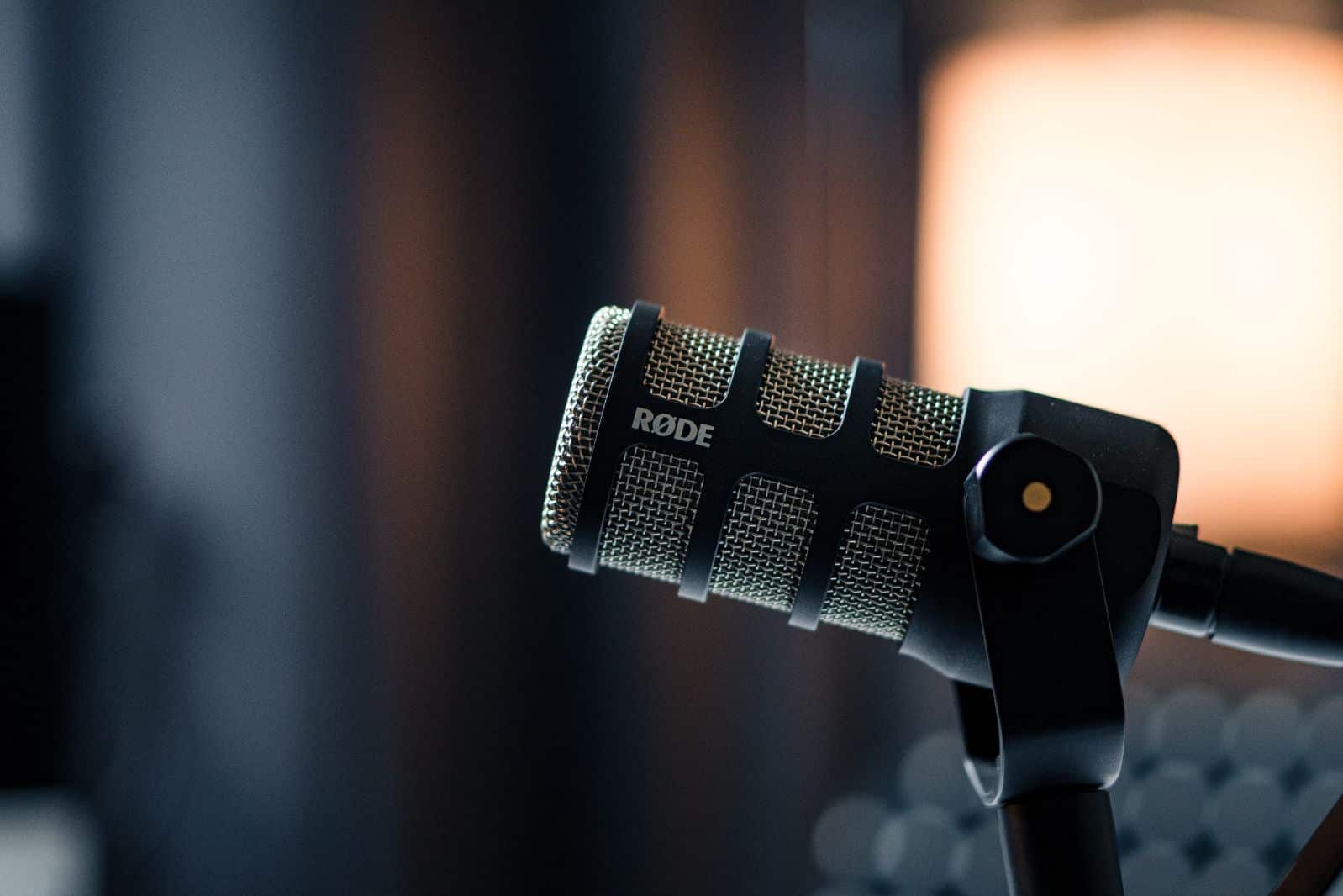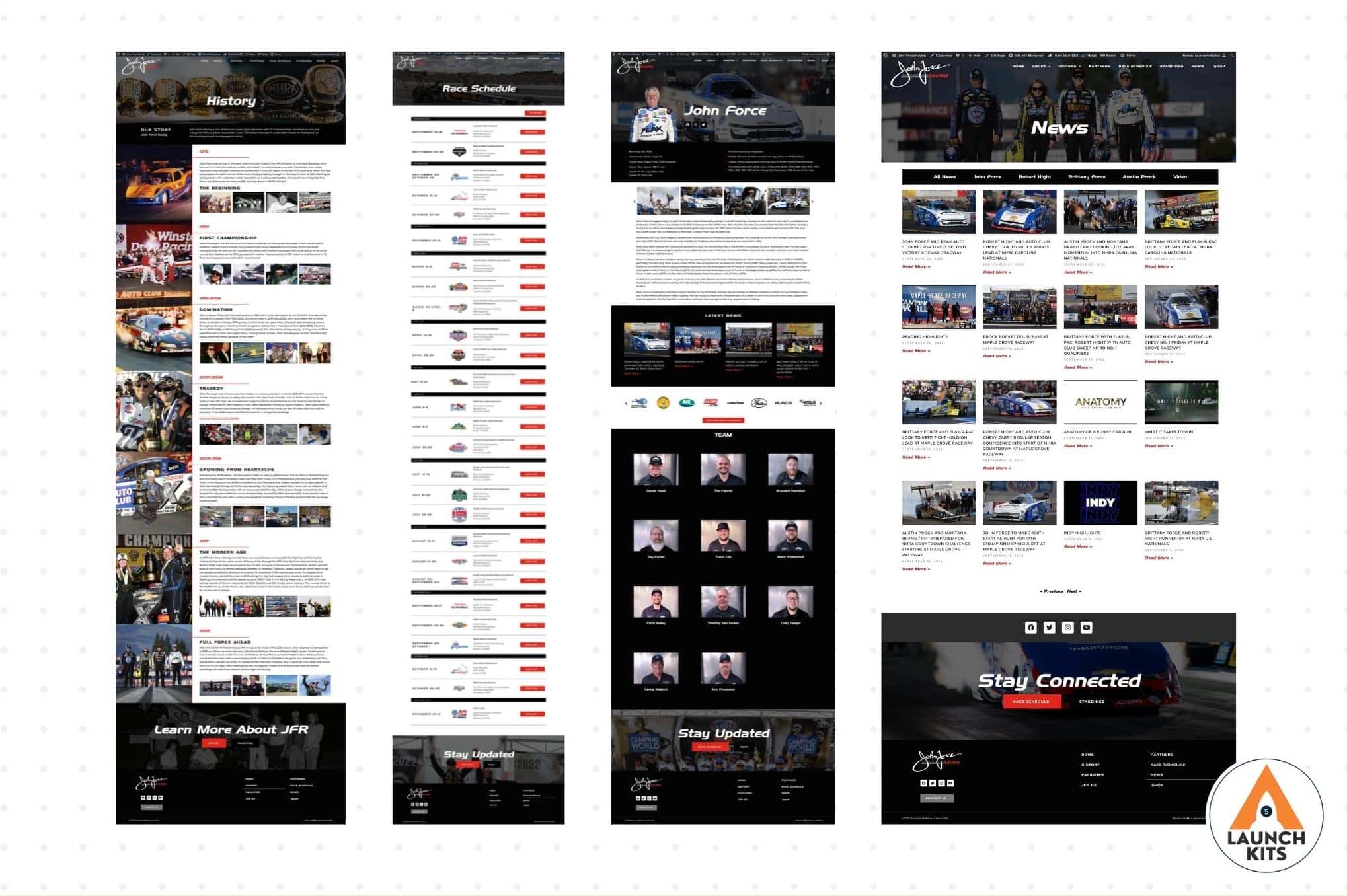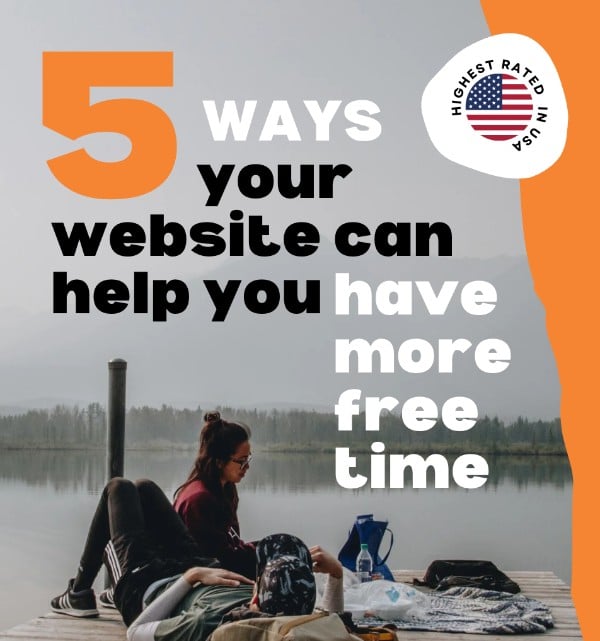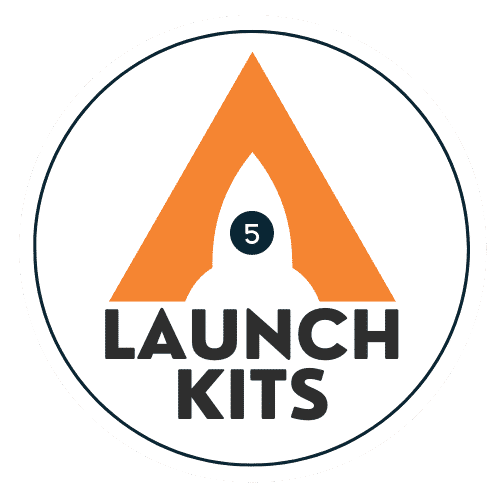Today we’re going to be talking about a PR strategy we’ve recently been using at Sparrow: namely, being featured on different podcasts that align with what we do. We’ve been using this medium to tell our story, provide valuable information that will help the audience, and build awareness about our launch kits and the way websites can affect small businesses. Watch the full session below.
If you’ve been following our social media stream, you may have noticed that Justin has been featured on several podcasts. This is an intentional strategy Sparrow has been using for three main reasons:
First, podcasts help us gather direct leads for our business.
Second, it’s a useful strategy in building general awareness.
Later down the road, when someone goes to purchase a website or launch kit, people will come to Sparrow because they will hopefully remember hearing about us.
Third, you’ll most likely get the benefit of a backlink.
The podcast host very often posts our website link on his website which is SEO gold. Having backlinks from other authoritative websites is one of the strongest influences in Google’s algorithm on how it ranks your website. Podcasts are a triple win: you get direct clients, build awareness for future clients, and build an SEO presence online.
There is lots of value from being featured on podcasts, but just hearing about it can sound overwhelming or tricky. Maybe you don’t feel like you have much to say for a podcast.
Instead of feeling like it’s something you can’t do, here are a few steps to show you it’s easier than you think:
1. Picking topics you’re comfortable talking about.
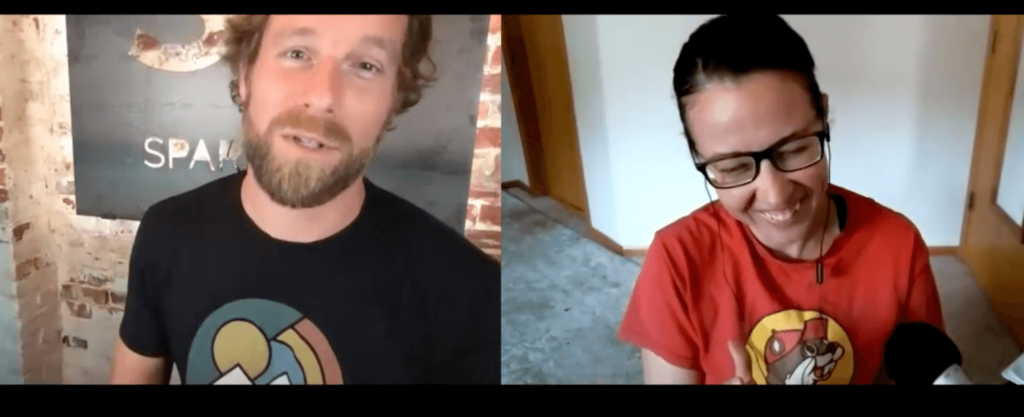
You’ll want to pick topics that an audience will find valuable. If you’re in the financial sector, there are a lot of questions in terms of how people should handle their 401k’s and retirement plans. You can discuss how aggressive they should be in a tumultuous market. Or you can handle traditional information about moving 401k’s to IRA’s and things like that.
If you work in home services, discuss how to sell your home, how to beautify your home or even home maintenance tips.
Where we’re at right now, while there is a lot of saturation in podcasts (in the sheer volume of how many there are), that’s good for you because there’s a podcast (or ten) for every niche. Each industry and category will have its own podcast niche.
The beauty is that you don’t have to be limited by your industry. You could easily find podcasts that cater to personal stories and experiences or even how small business owners are surviving this time during COVID and quarantines.
2. How to find podcasts.
This may be the most tedious or awkward part of the process. You might be uncertain of how to proceed, whether you should reach out to the host, how long you should wait for them to respond before reaching out again. The best approach is to compile a list of podcasts for which you think you could be a guest.
One great tool we’ve used to be featured on multiple podcasts is MatchMaker.fm. It is a directory of podcasts where the hosts are searching for guests to interview. It’s not as daunting as it may seem since hosts have a weekly schedule to upload, they are always searching for new people to introduce to their audiences.
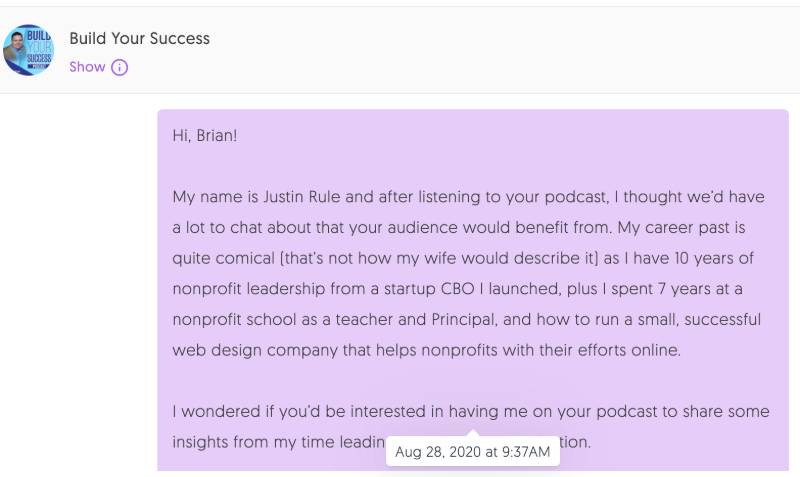
Another well-known tool for finding podcasts is Google (our ever faithful friend). Simply search for podcasts within your industry and you’ll have a list of them come up. You can look through them and choose which ones you think would be a good fit for you, but then (since it’s not simply a directory) you’ll have to do a bit of legwork and search out the contact information of the hosts to see if they’re interested in featuring you. They may have a website or you may have to dig a little deeper and find them on a social media profile.
3. Pitching for Podcasts.
Leadpages.com has provided some templates for how to write out a podcast pitch. Before beginning to write, you should spend some time acquainting yourself with the podcasts you are interested in pursuing to make sure you’d feel comfortable with their format, the types of questions they ask, and even the kind of guests they tend to host (more inspirational, business information and numbers, a lot of value and quick tips, etc.).
The elements of your podcast pitch should include:
- A quick bio. Make sure it includes why you think you will be the ideal guest on their podcast. Tie it in with the types of things you heard when you listened to their other episodes. Make it something you think will resonate.
- Topics you’re comfortable discussing (specific tips for your industry) and the value you’ll add to their audience.
- Put sales completely out of your mind. Don’t talk about things you’re selling, only focus on the value you can provide for them. Hosts are hungry for guests, but they don’t want a guest who is only interested in their own sales pitch.
- Links of your past guest podcast experiences (once you have been on a few).
4. Getting Clients from Podcasts.
When preparing to speak on a podcast, you need to do a few things in preparation so you’re confident and well-spoken:

- Record yourself and listen to how you talk. Work at staying away from a lot of meaningless fillers or speech disfluencies (um, uh, and so….). A few here and there are fine, they are humanizing, but too many are distracting and make you sound timid
- Make notes of your talking points (even if you’re a great improviser). Gather numbers and facts if you’re planning on referencing them.
- If you’re on a video podcast, be aware of your lighting and background. Take a moment to make sure you look presentable!
- After you’ve provided lots of value for your host’s audience, you’ll want to have a strong lead magnet to wrap up your podcast interview. Offer a free guide on your website that gives even more value and gets them excited and entices them to connect to you personally.
A little bit of prep can set you up for massive success! As always, if you have questions please reach out to us and we’ll be happy to help you.


